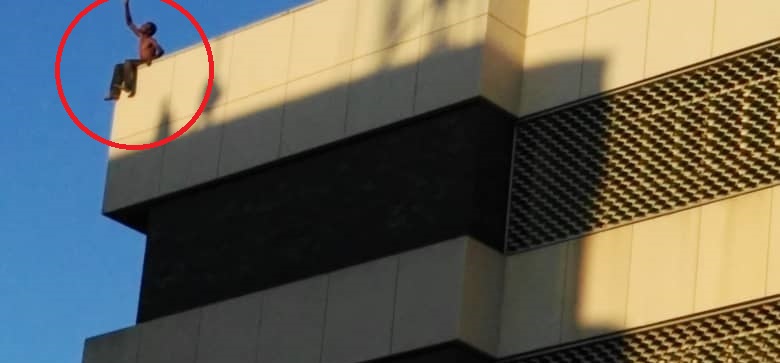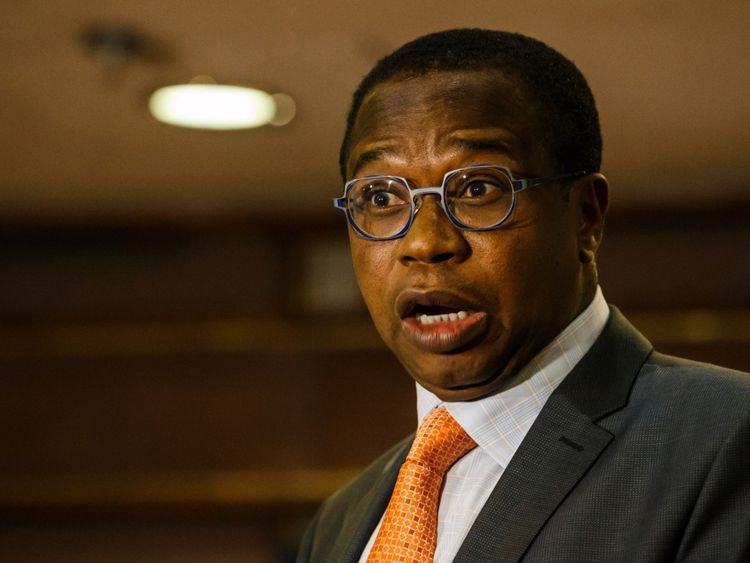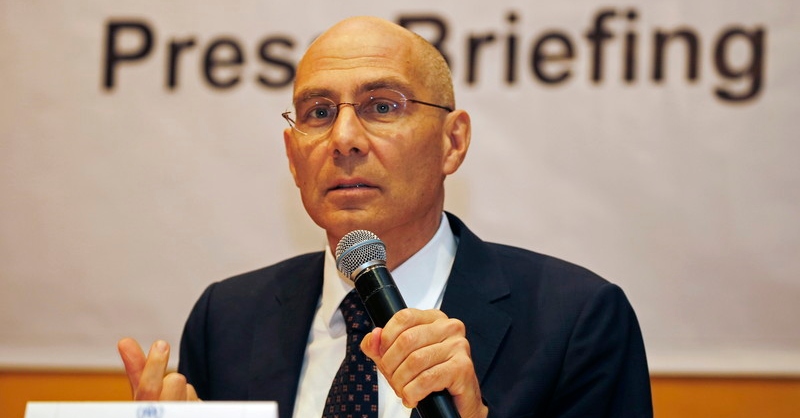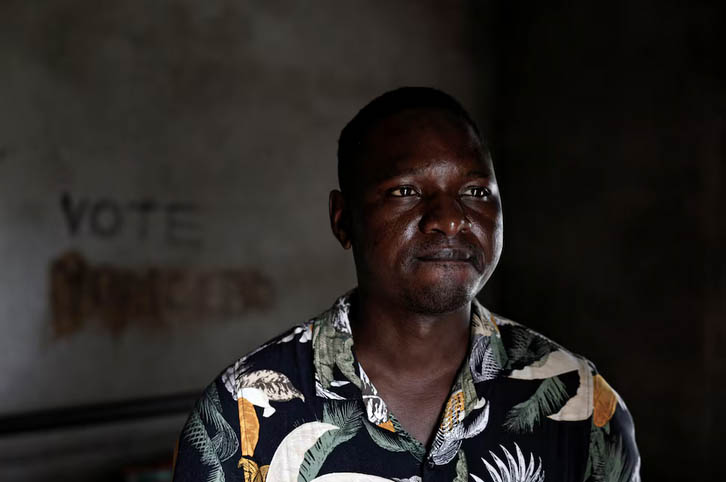HARARE – Hours after President Emmerson Mnangagwa raised the spectre of price controls on Thursday, deputy information minister Energy Mutodi said curtailing businesses’ ability to raise prices was “the way to go”.
A leading economist said Mutodi’s comments, made on Twitter, verged on “economic stupidity.”
“For a country that has no currency of its own, no competitive industry and no jobs, price control is the way to go in order to protect the poor,” Mutodi tweeted as Zimbabwe celebrated 39 years of independence from white minority rule.
He added: “It’s very unfortunate that cabinet has not foreseen this but it’s time we take necessary steps. Happy 39th Birthday Zimbabwe.”
In a ZBC interview aired on the eve of Independence Day Wednesday, Mnangagwa hit out at business for raising prices on essential goods. And on Tuesday, Information Minister Monica Mutsvangwa, following a Cabinet meeting on Tuesday, accused companies of raising prices in a sabotage plot to “dampen the mood of the nation” before independence events held across the country.
Mnangagwa told the ZBC in a pre-recorded interview on Wednesday night: “We do not want to go to a situation where the government is forced to regulate prices.”
Maintaining that he was “against the regulation of prices”, Mnangagwa said businesses had to “have a human face when they are making their profits.”
“It’s not good business for them to make super profits the same day they begin their businesses,” the 76-year old said.
Bread now costs RTGS$3.50 a loaf, up from RTGS$1.80 on Monday, according to prices displayed by most shops.
Prices for the staple maize meal also went up, with a 10kg bag of now costing an average RTGS$11.85, up from RTGS$9,20.
The Grain Millers Association of Zimbabwe and the National Bakers’ Association of Zimbabwe said the government had triggered this latest round of price hikes by raising the producer price of maize from RTGS$390 a tonne to RTGS$726, while wheat was increased from RTGS$630 to RTGS$1.089.69.
Bread is the most consumed staple after maize meal, and the increase follows that of other products like cooking oil, sugar and milk. In January, a fuel price increase led to protests that left several people dead following a military crackdown.
While prices of basic goods continue to spike, salaries have largely remained unchanged, increasing public anger against President Mnangagwa’s government.
But economist Professor Steve Hanke warned any attempts to control prices will bring further economic woe.
“Congratulations to Hon. Energy for his idea of imposing more price controls in Zimbabwe, entering Hanke’s Dictionary of Economic Stupidity. Another great Zimbabwe idea on how to further destroy the country’s economy,” said Hanke, a senior fellow and director of the Troubled Currencies Project at the Cato Institute in the United States.
Zimbabwe ditched its own currency for the U.S. dollar and other currencies in 2009, after hyperinflation reached 500 billion percent the previous year.
For a country that has no currency of its own, no competitive industry & no jobs, price control is the way to go in order to protect the poor. It’s very unfortunate that cabinet has not foreseen this but it’s time we take necessary steps. Happy 39th Birthday Zimbabwe.
— Hon. Energy Mutodi (MP) (@energymutodi) April 18, 2019
In February, faced with acute shortages of U.S. dollars, Zimbabwe introduced a new currency, called the Real Time Gross Settlement dollar. The RTGS has been losing value ever since, forcing companies to increase prices.
Year-on-year inflation raced to 66.8 percent in March, up from 59.39 the previous month, according to statistics agency Zimstats. Zimstats however stated that under the old basing system it used until February this year, the rate had shot up 166 percent – confirmation, some analysts say, that Zimbabwe is now in hyperinflation.
On Wednesday, the RTGS dollar was trading at 3.19 to the dollar on the interbank market and 5 on the black market. That means a loaf of bread costs about 70 U.S. cents a loaf, in a country where the average income is around $4 a day.















